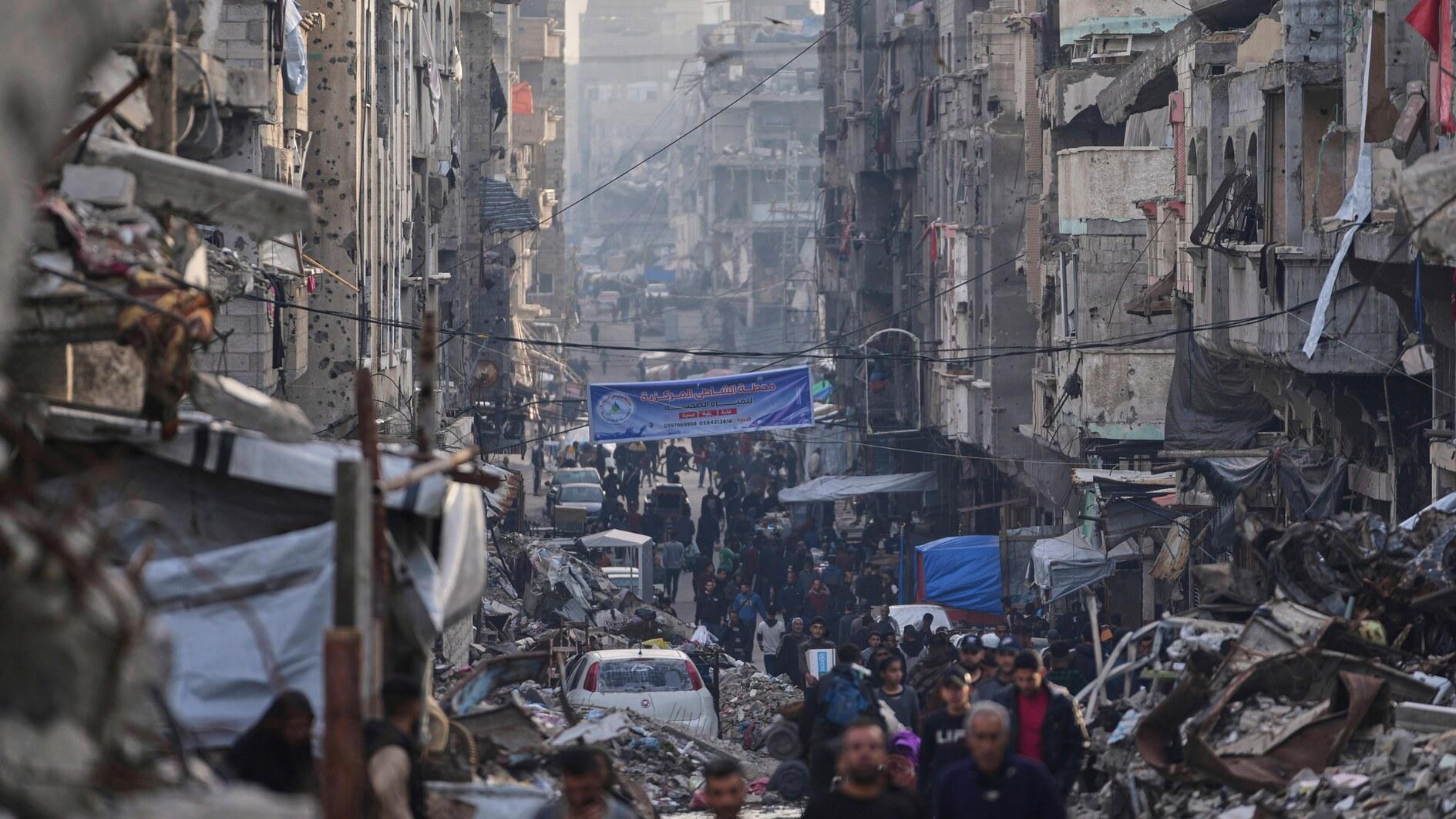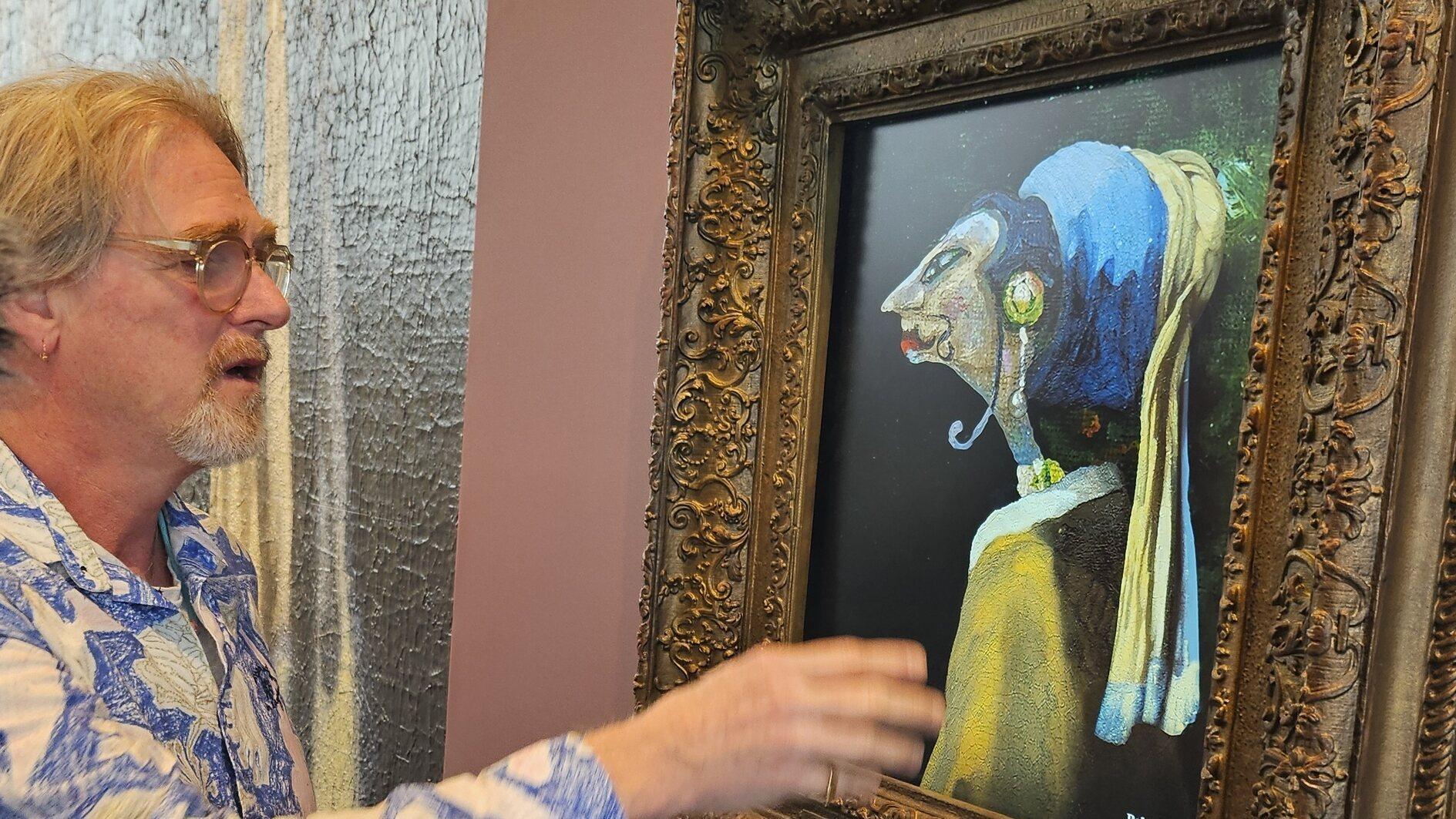Greece used to shock and awe rest of Europe?
Last week’s G20 summit ended yet with another stern warning by the head of IMF Christine Lagarde that the situation of world economy “is likely to get worse and that “emerging economies are starting to be affected by the weaknesses in advanced economies.” But while thousands of people were protesting in more than eighty cities, among them Washington and New York, last Saturday against austerity measures and corporate greed, the G20 summit could not come up with any creative suggestion about what to do regarding the big thorn currently stuck in the heel of world economy, the eurozone. With characteristic style the economic leaders of our world yet once again threw the ball at the heart of Europe and effectively asked the leaders of Germany and France to sort the problem out which seems to fester the rest of world’s economies: the eurozone debt crisis and the related liquidity problem in European banks.
The European Council is expected to meet on Oct. 23 in order to finalize some kind of “decisive” plan regarding the EFSF (European Financial Stability Facility) which will be used to fund emergency bailouts for European countries whose economies may fall into hard times. So far this new mechanism could cope with helping small size economies, such as those of Ireland and Portugal, but there is a lot of skepticism whether it could do so with larger economies in trouble, such as those of Italy and Spain whose credit ratings have been downgraded again last week.
Last Saturday, Rome witnessed what Athens had several times before over the last few years since the worsening of its economy started taking its toll on the society. As the mayor of the Eternal City, Gianni Alemanno stated “a few thousand thugs from all over Italy and possibly from all over Europe infiltrated the demonstration” of many thousands of Italian citizens who protested against austerity measures, unemployment, greed and corruption. It was a peaceful demonstration by ordinary citizens worried for worse days ahead as Greeks had done several times before. But just like it happened in similar peaceful marches by frustrated citizens “unidentified militants in black, wearing balaclavas and crash helmets broke into the crowd and started smashing up property, burning cars and clashing with police. Yesterday on the front pages of Italian and European newspapers, the rally in Rome was covered as violence and prime minister Berlusconi’s vow to “punish the rioters” figured prominently.
Bearing in mind that in the rest of European capitals similar demonstrations went on rather peacefully, even in Athens the “indignados” watched a music concert in Syntagma Square in front of the Greek Parliament, the violent incidents in Rome brought to mind a new approach as to the way the “Greek crisis” has been handled, which has been put forward by the prominent Greek Economy Prof. Yannis Varoufakis. In a recent article entitled “The wicked game” Varoufakis claims that Greece, which for almost two years is under the thumb of a “troika” from EU-IMF-ECB to sort out its huge debt, is being treated as a “bad example” and as “scare crow” against bigger and more costly economies, such as that of Italy, in order to “keep them in awe and keen to do as they are told.” In other words, according to this approach Greece “may be allowed to default in a big way in order to scare the bankers into accepting recapitalization while bringing the Greek social economy into a pulp.” It was for that reason, according to the Greek professor, that the “troika” keeps on pressing for new measures. It was for that reason that the troika keeps moving the goal post to unacceptable levels such as immediate reduction in minimum wages or else the next tranche of loans to Greece will not be released.
The Greek government agrees to force upon the private sector trades unions an immediate reduction in minimum wages with immediate effect (plus the dismantling of all bonuses regarding dismissal compensation and limitations), or the next installment (or tranche) of EU-IMF-ECB loans to Greece will be withheld.
Varoufakis as well as other analysts think that even the “economic death” of Greece would not be enough sacrifice to save the eurozone whose problem is deeply structural











